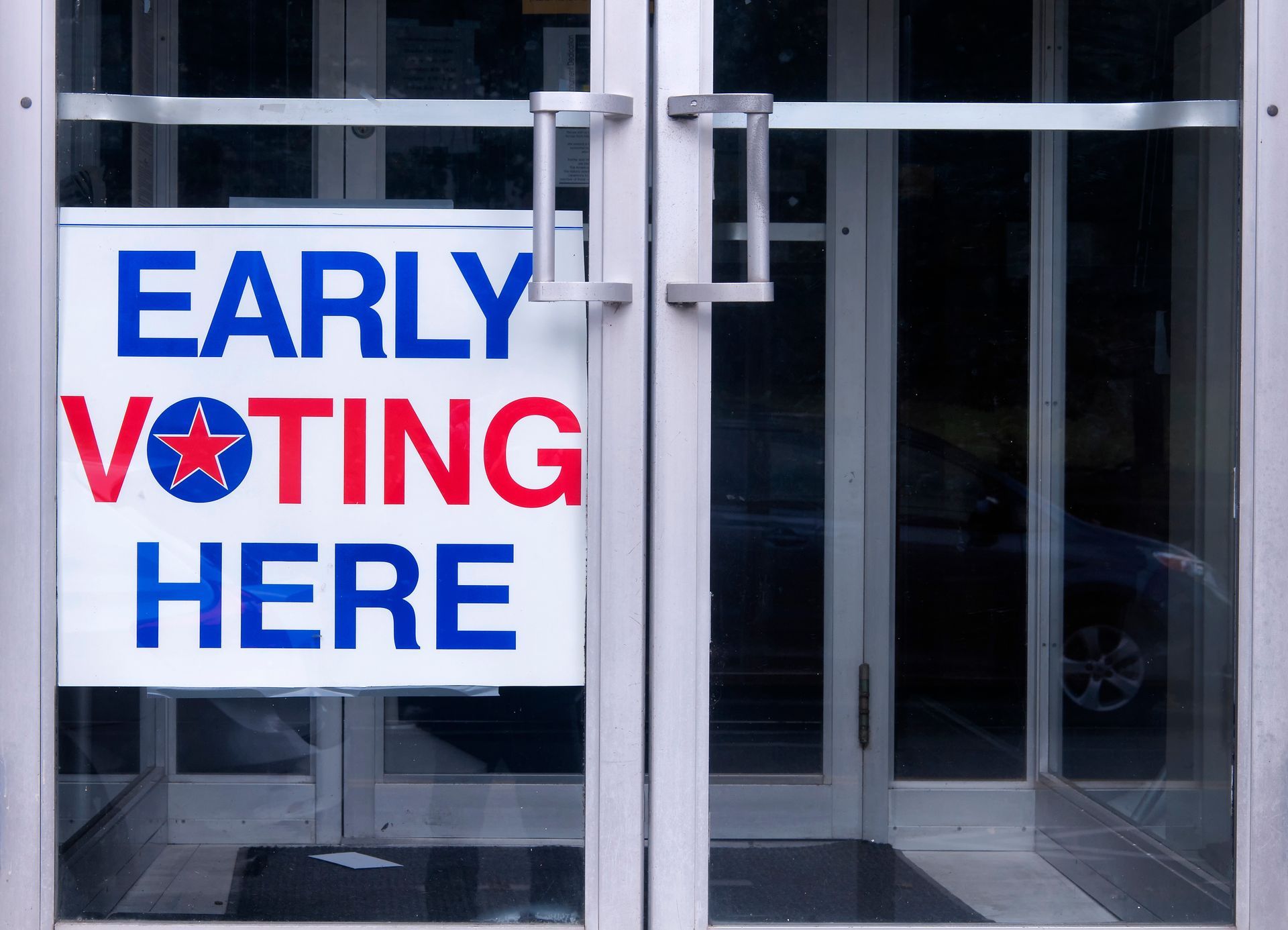Sex-related deep fake activity has become a growing concern in today’s digital age. The legality of these pornographic deep fakes is still murky in many jurisdictions due to the newness of the technology and ongoing debates pertaining to freedom of speech and expression.
Minnesota is one of the few states that has taken significant steps to criminalize the creation of sex-related deep fake content. HF 1370 , which was signed into law in August 2023, established a cause of action for a variety of deep fake uses, including using the technology to influence elections and for the non-consensual dissemination of pornographic images.
Understanding Sex-Related Deep Fake Activity
Sex-related deep fake activity involves the use of artificial intelligence (AI) and deep learning technologies to create manipulated content. This has the potential for a variety of dangerous uses. One of those dangerous and damaging uses was the creation of realistic-appearing images and videos of individuals engaging in explicit or compromising activities.
Minnesota’s Legislative Response
Recognizing the potential harm and violation of privacy associated with sex-related deep fake content, Minnesota has enacted legislation to criminalize its creation. The law aims to hold individuals accountable for the malicious use of technology to exploit others, particularly by creating deceptive and harmful content without the consent of those involved.
People convicted of generating deep fake pornography can face up to three years in prison and a fine of up to $5,000. This penalty is significantly more severe than the punishment established for people who create political deep fakes for the purpose of manipulating election outcomes. Political deep fake convictions carry a comparatively light sentence of up to 90 days in jail and a fine of up to $1,000.
Motivations Behind Criminalization
Protecting Individual Privacy
The primary motivation behind criminalizing sex-related deep fake activity is to protect the privacy and dignity of individuals targeted by these creations.
By making the creation of such content illegal, the state seeks to deter potential offenders and hold them accountable.
Preserving Consent
Consent is a foundational principle in any form of intimate engagement. Sex-related deep fake content undermines this principle by fabricating situations without the knowledge or approval of the individuals portrayed in the image or video.
Criminalizing the creation of such content reinforces the importance of consent, even in the digital realm.
Addressing Cyber Exploitation
Sex-related deep fake activity falls within the realm of cyber exploitation, where technology is misused to harm, harass or manipulate individuals.
Minnesota’s legislation aims to address this form of digital abuse, sending a clear message that such actions will not be tolerated in the state.
Emerging Challenges of the Digital Age
The legislation recognizes the evolving landscape of technology and the challenges posed by the misuse of AI and deep learning.
By staying ahead of these challenges, Minnesota aims to protect its residents from the potential fallout of advancing technologies in the digital age.
Impacts of Legislative Action
Digital Security Awareness
HF 1370 and the debate surrounding the bill raises awareness about the vulnerabilities of digital content and the potential misuse of advanced technologies.
It’s important that Minnesotans are cognizant of the risks deepfake capabilities pose to their own security and reputation. Knowledge of the risk can help residents stay vigilant about their online presence and take proactive measures to protect themselves from digital exploitation.
Legal Consequences for Offenders
Offenders who engage in the creation of sex-related deep fake content can face legal consequences, including up the three years in prison and a $5,000 fine. These steep penalties serve as a deterrent, dissuading potential offenders from engaging in such harmful activities.
Advancing Technological Ethics
Legislation against political and sex-related deep fake activity contributes to the ongoing conversation about the ethical use of technology. It encourages individuals and tech developers to consider the broader societal implications of AI and deep learning technologies.
Protecting Online Reputation
The criminalization of sex-related deep fake content helps protect individuals from reputational harm caused by fabricated digital content.
We live in a world where everyone is online virtually all the time. Family members, clergy people, fellow parishioners in religious communities, coworkers, clients, fellow students and a host of other people may see or share deep fake pornographic content of a victim, causing far-reaching and painful reputational and emotional damage. The trauma of victims does not go away, even after the fabricated nature of the images or video has been established.
AI deep learning has advanced to the point where a high level of expertise and powerful hardware are no longer required to generate these types of deep fakes. The technological capabilities are available to virtually anyone with a computer.
Find a Skilled Minneapolis–St. Paul Attorney for Your Case
The criminalization of AI and the potential civil liability of perpetrators alleged to have created deep fake pornography is still being debated in legal circles. Do you need a criminal defense attorney after having been charged with creating or spreading deep fake pornographic material or political material? Or have you been the victim of a deep fake and wish to pursue civil damages against the perpetrator?
Finding an attorney with experience in this new area of law isn’t always easy. The team at the Minnesota Lawyer Referral and Information Service (MNLRIS) is here to help. Our referral database includes hundreds of attorneys in Hennepin County and Ramsey County, including many with relevant criminal defense and civil litigation experience to help in this new and still relatively untested area of law.
Speak with one of our referral counselors today by calling (612) 752-6699.
The post Sex-Related Deep Fake Activity in Minnesota first appeared on Minnesota Lawyer Referral and Information Service.




